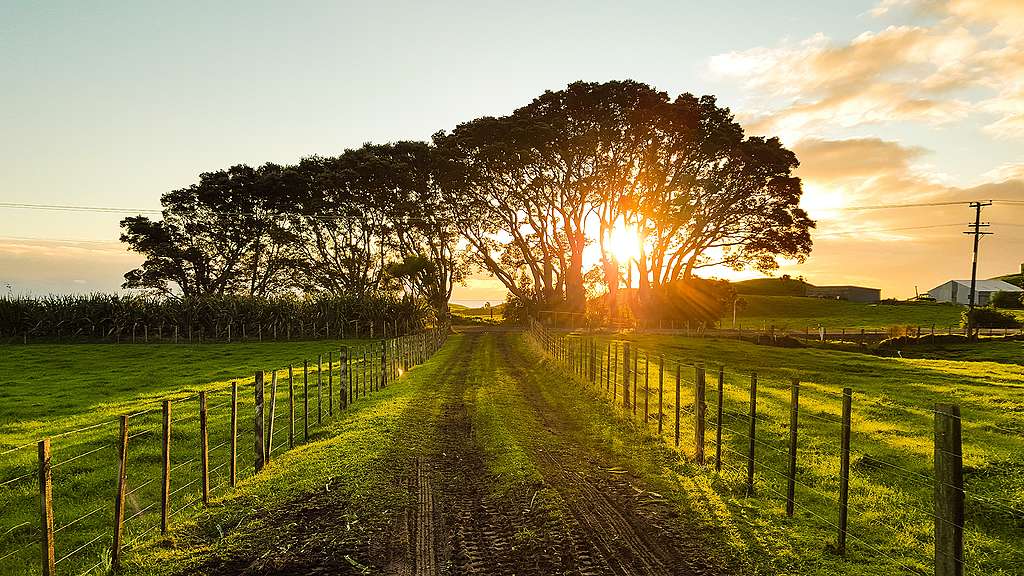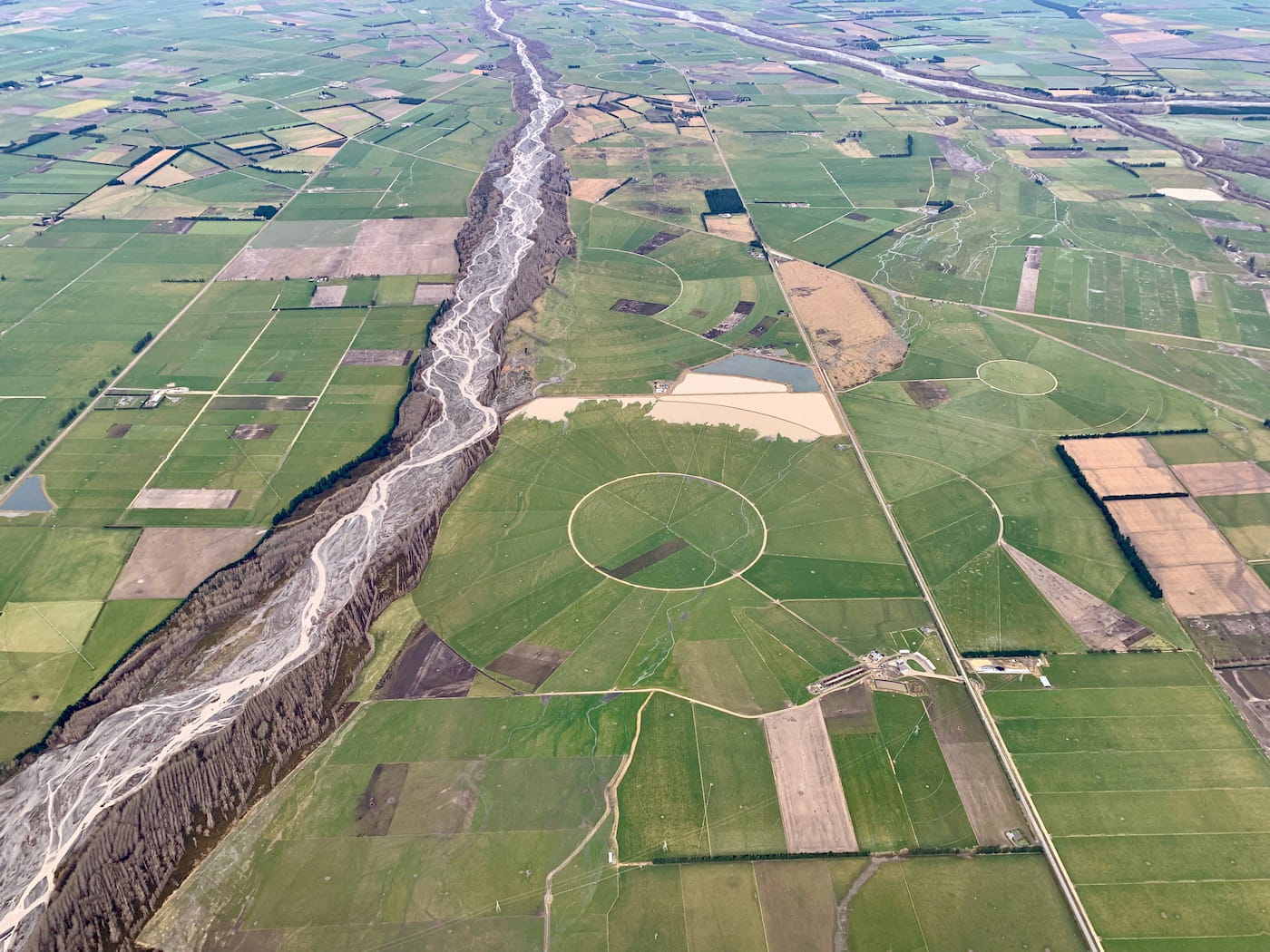Industrial dairying is failing.
It’s failing people who want to swim in clean rivers, its failing our tourism industry, it’s failing our climate, and it’s failing farmers.
The good news is that there are alternative ways to produce food that are not only better for our rivers, and the environment, but also good for farmers’ bottom lines.
We are not saying “stop farming”; rather we’re advocating a win-win way forward. It’s called regenerative farming, sometimes known as ecological farming or smart farming. Regenerative farming works with natural ecosystems, not against them.

Call on Christopher Luxon to set up a billion dollar fund to transition New Zealand away from industrial to regenerative agriculture.
Take ActionProtecting and using these natural systems to improve soil and water health, help control weeds, pests and diseases and create resilience through biodiversity. This in turn leads to healthy livestock, healthy crops, and healthy bottom lines.
This approach was reinforced in a five year scientific assessment of global agriculture by multiple stakeholders including the UN released in 2008. The report’s findings slam intensive, high input based approaches to food production and find that more traditional farming practices increase productivity and benefit communities.Here in New Zealand a study by AgResearch on dairy farming had similar findings.
The report examined different types of dairy farms and found that the low-input system which didn’t use any chemical nitrogen fertiliser and kept lower numbers of cows per hectare actually produced the most milk per cow per year. The study also shows the low input system to be the best environmental performer, the least financially risky and is more profitable when milk-price payouts are low.
There are many farmers in New Zealand already cottoning onto this, rejecting high input intensive dairying and running profitable low-input and more environmentally sound farms. It’s not just about dairying though.
Through regenerative farming New Zealand could be producing a variety of clean, green and high-value food products that the world is increasingly demanding. So what exactly do we mean by ecological farming?
Regenerative farming is diverse by nature and that is one of it’s greatest strengths – but it means there is no one size fits all solution. The practices and products of ecological farming are not universal, they are locally specific. There are a few general guiding principles of regenerative farming and these are; Farming with diversity rather than monocultures
Using diversity on the farm – growing different crops – is a proven and highly reliable farming method to build soil fertility and increase resilience to erratic weather and ecosystem changes. If a farm is diverse so is a farmers stream of income and this can provide certainty in uncertain economic times.Building healthy and fertile soils without destructive chemical fertilisers
Looking after what’s under the ground will look after what’s above it. Growing nitrogen fixing legumes and/or adding compost or green manures provides soil fertility without the need for synthetic fertilisers. Reducing compaction from overstocking of livestock and building soil health protects soil from erosion into rivers and means soil is able to hold more water, reducing the need to irrigate. Controlling pests without chemical pesticides
Long term solutions to pest problems can be achieved through designing diverse farms with healthy plants and healthy soils. There are a wealth of studies showing ecological approaches to pest management to be highly successful.Instead of producing more industrial low-value milk powder, New Zealand could be producing a variety of clean, green and high-value food products that the world is increasingly demanding. And we can do it through ecological farming that looks after our land, our rivers, our farmers and our international reputation.
What’s wrong with industrial agriculture?



